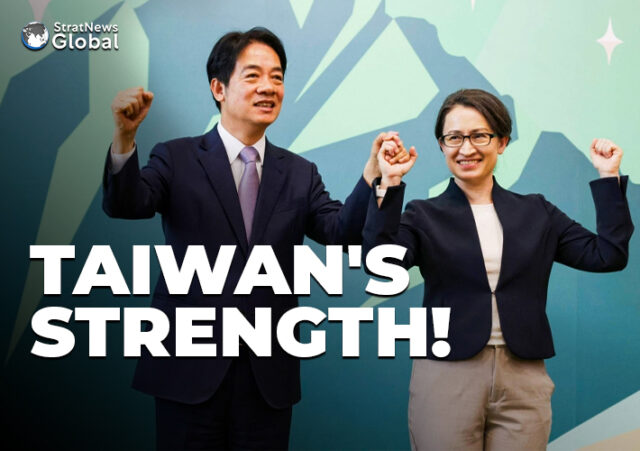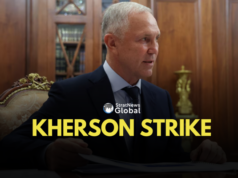Vice President-elect Hsiao Bi-khim of Taiwan expressed gratitude for the ongoing security support from the U.S. on Monday but emphasised the importance of Taiwan first building its own “strengths.” She mentioned that Taiwan needs to demonstrate to the world that its support is justified. Hsiao, set to assume office alongside President-elect Lai Ching-te on May 20, previously served as Taiwan’s de facto ambassador to Washington. She is anticipated to be instrumental in further enhancing U.S.-Taiwan relations due to her proficiency in English and extensive connections in the U.S. capital.
The United States is Chinese-claimed Taiwan’s most important supporter and arms supplier, despite the lack of diplomatic ties.
Speaking to a think-tank forum, Hsiao expressed appreciation for U.S. President Joe Biden last month signing into law legislation to boost Taiwan’s defences, part of a broader package of assistance for Ukraine and Israel.
“This bill demonstrates the U.S.’ continuing commitment to supporting allies and partners in the face of geopolitical challenges,” she said.
“But beyond thanking our international friends for their support, it is important that as Taiwanese we invest in building our own strengths first,” she said.
“Through our own efforts in building a resilient Taiwan, we must have the confidence that Taiwan is worthy of galvanising international support.”
China has ramped up its military pressure against Taiwan over the past four years. Taiwan’s government rejects Beijing’s sovereignty claims.
Hsiao and Lai – who have pledged to continue President Tsai Ing-wen’s defence self-sufficiency and modernisation programme – take power just months before the U.S. presidential election in November.
Trump has also been critical of U.S. support for Ukraine following its invasion by Russia.
In the audience for Hsiao’s speech was James Gilmore, Trump’s ambassador to the Organization for Security and Cooperation in Europe, who is backing Trump’s election campaign.
Before Hsiao arrived, Gilmore told the forum, run by Taiwanese think-tank Center for Asia-Pacific Resilience and Innovation, that there was a “deliberate effort to inject fear” about Trump amongst U.S. allies.
“That bill probably could have been stopped,” he said, referring to last month’s security assistance package.
But Trump backed U.S. House of Representatives Speaker Mike Johnson, who wanted the bill passed despite objections from some Republican lawmakers, Gilmore added.
“That would not have happened if we had a potential president there that was going to be a problem for our allies and for the rest of the world.”
(With Inputs From Reuters)
Research Associate at StratNewsGlobal, A keen observer of #China and Foreign Affairs. Writer, Weibo Trends, Analyst.
Twitter: @resham_sng





